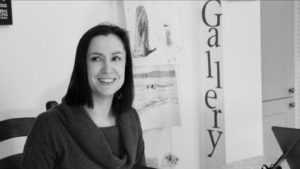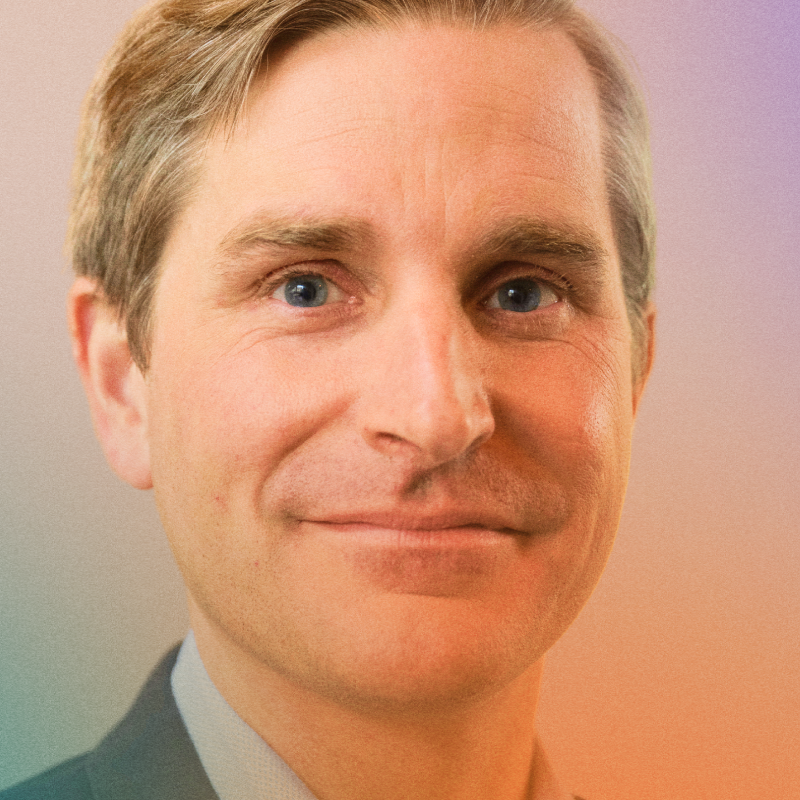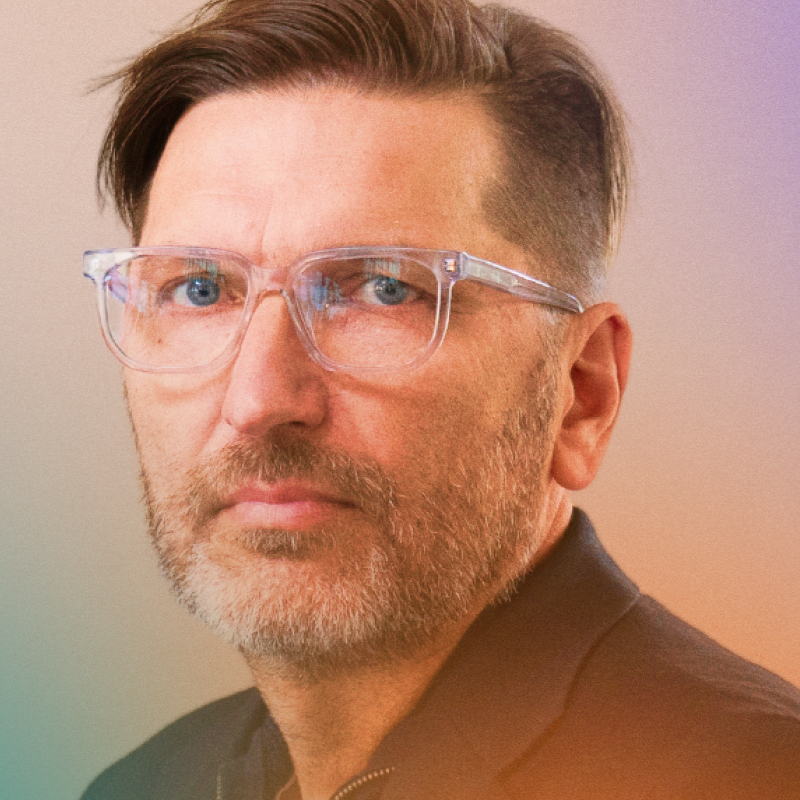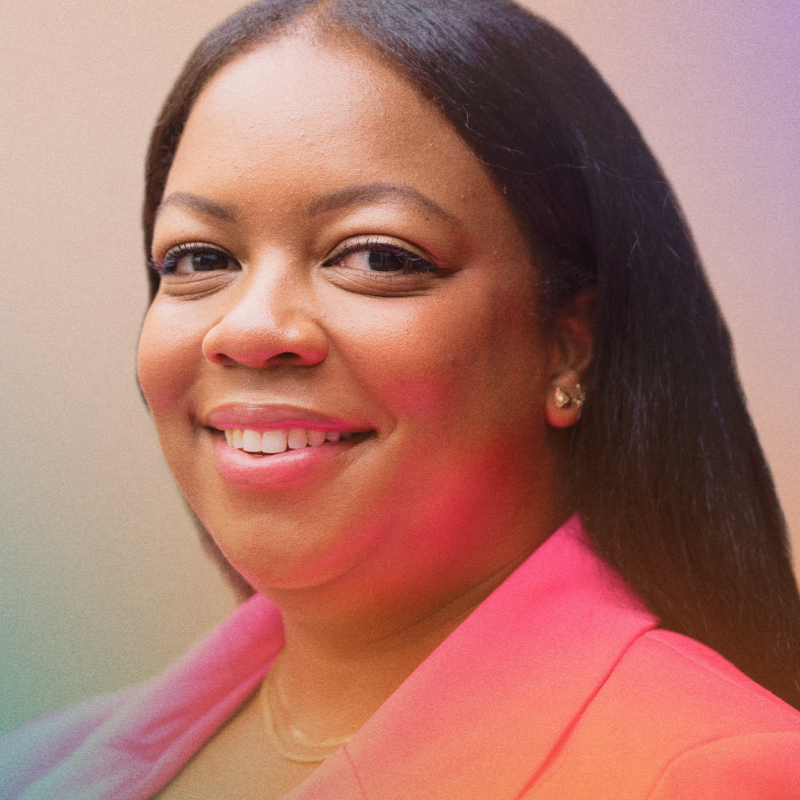Why I’m joining Mozilla’s Board, by Helen Turvey
Today, I’m very honored to join Mozilla’s Board.
Firefox is how I first got in contact with Mozilla. The browser was my first interaction with free and open source software. I downloaded it in 2004, not with any principled stance in mind, but because it was better, faster, more secure and allowed me to determine how I used it, with add-ons and so forth.

My love of open began, seeing the direct implications for philanthropy, for diversity, moving from a scarcity to abundance model in terms of the information and data we need to make decisions in our lives. The web as a public resource is precious, and we need to fight to keep it an open platform, decentralised, interoperable, secure and accessible to everyone.
Mozilla is community driven, and it is my belief that it makes a more robust organisation, one that bends and evolves instead of crumbles when facing the challenges set before it. Whilst we need to keep working towards a healthy internet, we also need to learn to behave in a responsible manner. Bringing a culture of creating, not just consuming, questioning, not just believing, respecting and learning, to the citizens of the web remains front and centre.
I am passionate about people, and creating spaces for them to evolve, grow and lead in the roles they feel driven to effect change in. I am interested in all aspects of Mozilla’s work, but helping to think through how Mozilla can strategically and tactically support leaders, what value we can bring to the community who is working to protect and evolve the web is where I will focus in my new role as a Mozilla Foundation Board member.
For the last decade I have run the Shuttleworth Foundation, a philanthropic organisation that looks to drive change through open models. The FOSS movement has created widely used software and million dollar businesses, using collaborative development approaches and open licences. This model is well established for software, it is not the case for education, philanthropy, hardware or social development.
We try to understand whether, and how, applying the ethos, processes and licences of the free and open source software world to areas outside of software can add value. Can openness help provide key building blocks for further innovation? Can it encourage more collaboration, or help good ideas spread faster? It is by asking these questions that I have learnt about effectiveness and change and hope to bring that along to the Mozilla Foundation Board.


